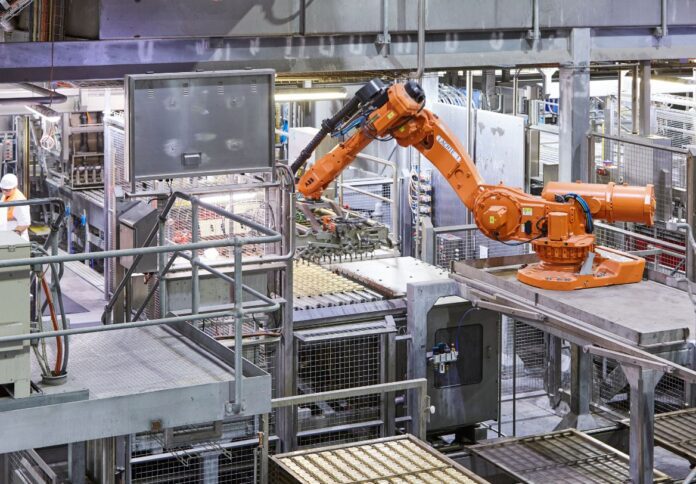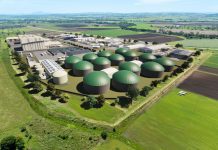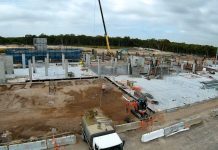
Mars has announced plans for its Wodonga pet food manufacturing facility, which produces the well-known PEDIGREE and WHISKAS brands, to become the first large-scale steam-based manufacturing site in Australia to operate entirely on renewable energy by 2026.
During a site tour with Prime Minister Anthony Albanese, Craig Sargeant, general manager of Mars Petcare Australia and New Zealand, expressed enthusiasm for the project, which aligns with the company’s global commitment to achieving net zero emissions by 2050.
“We are incredibly proud to announce that Mars will be the first manufacturing facility of its kind in Australia to deploy a 100% renewable energy solution within two years,” said Sargeant.
“Decarbonising site-based process heat, coupled with Mars Australia’s 100% renewable electricity use, is a significant achievement that positions our Wodonga facility as a leader in green process heat manufacturing on a national scale.”
The $39.3 million Mars Wodonga Solar Thermal Plant will drive this transition, featuring the installation of an 18-megawatt Parabolic Trough Concentrated Solar Thermal (CST) plant.
This facility will provide up to 10 hours of thermal energy storage, essential for cooking pet food, as stated in a news release.
The project has received a significant boost from the Australian Government, which has allocated a $17.2 million grant through the Australian Renewable Energy Agency (ARENA).
This initiative represents the first commercial deployment of parabolic trough CST technology in Australia.
“Investing in renewable energy technologies like CST is critical to decarbonising industrial processes, particularly in sectors that heavily rely on gas for steam-based manufacturing,” Sargeant continued.
In addition to CST, Mars is implementing Electric Thermal Energy Storage (eTES) technology at the facility.
This system allows the plant to harness low-cost, grid-connected renewable electricity during off-peak hours to generate and store heat for steam production at any time of day. Supported by CSIRO, the eTES system offers a cost-effective, renewable alternative to gas.
Furthermore, Mars has announced a collaboration with the Australian Gas Infrastructure Group (AGIG) to acquire Renewable Gas Guarantee of Origin certificates at Hydrogen Park Murray Valley. This initiative aims to offset over 10% of Mars Australia’s total gas consumption, including operations at Mars Petcare Wodonga.
“The CST and eTES systems are complementary renewable heat technologies. With the addition of the AGIG hydrogen purchase, along with Mars Australia’s existing 100% renewable electricity agreement, the Wodonga facility will achieve a complete renewable energy solution within two years,” Sargeant stated.
Earlier this year, Mars reported a 16 per cent reduction in greenhouse gas emissions in its value chain since 2015, equating to 5.7 million metric tons. This project is a crucial step towards Mars’ target of reducing emissions by 50 per cent globally by 2030.
In addition to its energy goals, Mars is collaborating with local companies and government entities to develop a renewable energy hub in northeast Victoria, supporting regional investment and jobs.
“Mars is incredibly proud of the fact we have been manufacturing in the Wodonga area for more than 50 years,” Sargeant said.
“We are part of the fabric of the local community, supporting jobs and investment in regional Victoria.”


















